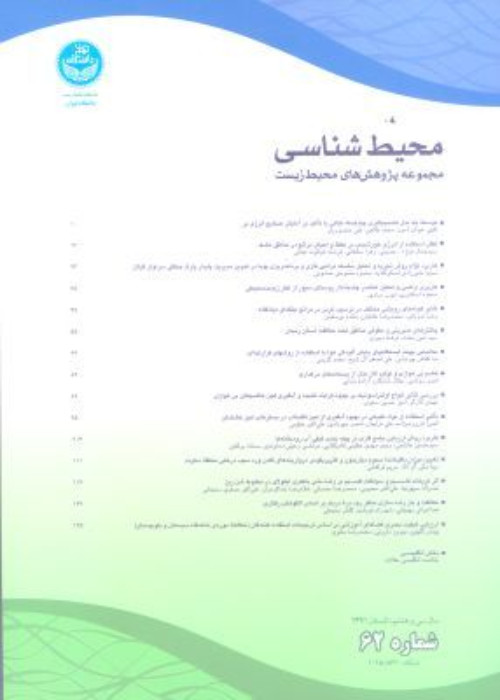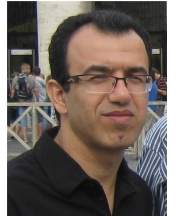Heavy Metals Concentration Changes during Vermicomposting of Organic Wastes
Author(s):
Abstract:
Introduction
The problem of solid waste management is one of the most critical environmental issues because of rapid population and economic growth, urbanization, and industrialization. Furthermore, global attitudes are bent on accessing sustainable agriculture and conserving a clean and green environment. Vermicomposting is a process to convert organic waste by the use of earthworms to produce peat-like material which has an added advantage of possessing the potential for improving plant growth as soil conditioner. Earthworms eat, grind, and digest organic waste combined with aerobic and some anaerobic microflora converting it into stable and homogenous biofertilizer. Earthworm cast has a larger microbial population, containing plant growth hormones, higher level of soil enzymes, and also displaying desirable aesthetics. Different species of earthworms can convert various natural and anthropogenic wastes such as crop residue, dairy plant sludge, industry sludge, and cattle manure into a useful product. There is a growing interest in the use of an integrated system approach involving precomposting followed by vermicomposting to achieve specific technical objectives. This approach will be more microbially active besides being of more uniform size, hastening degradation rate, and enhancing pathogen control than either of the individual processes. It is very important having the best quality of vermicompost product to be used appropriately as a stabilized biofertilizer in agricultural applications. Good quality of vermicompost can be obtained by mixing industrial sludge with nitrogen rich material to provide higher nutrient content and an inoculum of microorganisms. Inoculation of suitable strains has been reported to hasten the rate of vermicomposting which reduce the time needed to complete the process of composting and enrichment of nutrients in the final product. Vermicomposting of solid waste may result in an increase in heavy metal content in the final product due to mineralization of organic matter in the vermicompost obtained from various organic wastes of different chemical composition. So the organic matter mineralization and dry weight loss of the waste during the process has the effect of increasing the level of heavy metal, being the consequence of the decomposition of the waste organic matter by earthworms during vermicomposting. The application of inoculation of microorganisms such as bacteria and fungi in the substrate may accelerate the stabilization process due to biological nitrogen fixation and phosphorus solubilization. Furthermore, the heavy metals content in vermicomposts can accumulate a lot in the body of earthworms and also reduce as a result of extra water drainage. The purpose of the study were to investigate the role of inoculation of active sewage sludge in vermicomposting process to evaluate the changes of the heavy metal content possibly present in this substrate to determine potential environmental hazards. The purpose of the study was to test the technical viability of this system, initially utilizing wheat straw, and later to be employed on other substrates.Keywords:
Language:
Persian
Published:
Journal of Environmental Studies, Volume:40 Issue: 1, 2014
Pages:
199 to 210
magiran.com/p1265110
دانلود و مطالعه متن این مقاله با یکی از روشهای زیر امکان پذیر است:
اشتراک شخصی
با عضویت و پرداخت آنلاین حق اشتراک یکساله به مبلغ 1,390,000ريال میتوانید 70 عنوان مطلب دانلود کنید!
اشتراک سازمانی
به کتابخانه دانشگاه یا محل کار خود پیشنهاد کنید تا اشتراک سازمانی این پایگاه را برای دسترسی نامحدود همه کاربران به متن مطالب تهیه نمایند!
توجه!
- حق عضویت دریافتی صرف حمایت از نشریات عضو و نگهداری، تکمیل و توسعه مگیران میشود.
- پرداخت حق اشتراک و دانلود مقالات اجازه بازنشر آن در سایر رسانههای چاپی و دیجیتال را به کاربر نمیدهد.
In order to view content subscription is required
Personal subscription
Subscribe magiran.com for 70 € euros via PayPal and download 70 articles during a year.
Organization subscription
Please contact us to subscribe your university or library for unlimited access!



